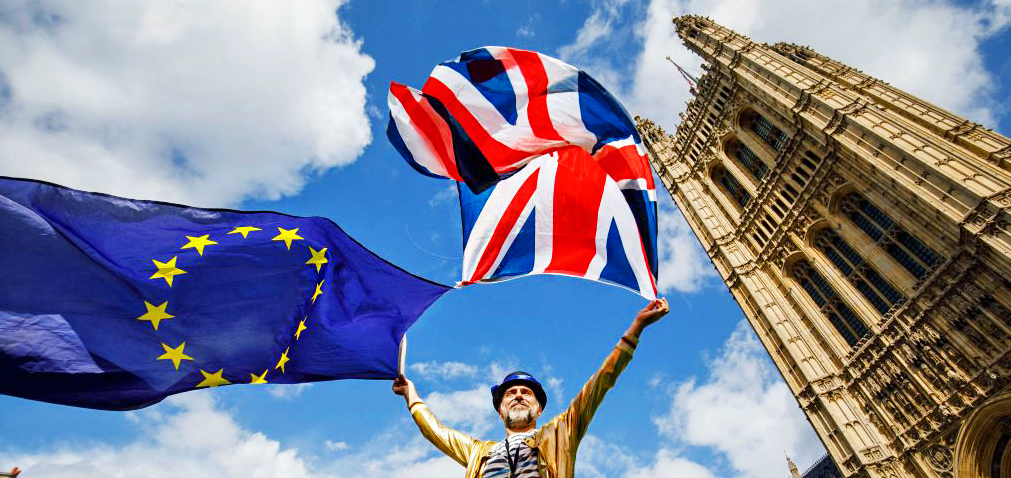Brexit isn’t just a divisive issue in British politics: it is definitional. According to Deltapoll, 64% of Conservative supporters would vote to stay out of the EU in a second referendum, versus 22% who’d vote to rejoin. For Labour voters, the split is almost exactly reversed.
In other words, the Right is overwhelmingly pro-Brexit and the Left anti. It is hard to imagine it being any other way. But according to Steve Davies of the Institute for Economic Affairs, it really could. In fact, writing for the Telegraph, he foresees a complete switch around of the Left-wing and Right-wing positions on the EU:
Here’s a prediction that, if it works out will be very funny. If it doesn’t work out I’ll look an idiot (also funny). In 10-15 years it will be a right wing (even far right) thing to want to rejoin the EU if it’s still there. It will be left wing/liberal to be against that. ?
— Steve Davies (@SteveDavies365) June 20, 2023
It’s worth noting that we’ve already witnessed one such realignment. In the 1970 and ’80s, Labour was by far the more Eurosceptic party. As recently as 1983, its manifesto promise was to leave the European Economic Community — because continued membership was a “serious obstacle” to the party’s “radical, socialist policies.”
British politics has always been faced with a “European question” — however, every few decades, the essentials of the question change. Until the fall of the Berlin Wall, the basic question was: “is socialism a good thing?”, to which the EU’s answer was “no”. But once the question became “is national sovereignty a good thing” British Remainers became Leavers and vice versa.
To make Left and Right switch positions a second time, the European question would need to change again — to something like “is a common European identity a good thing?”
At the moment, the EU doesn’t really know what it is to be European. A vaguely liberal set of “European values” has been drawn up, but EU citizens can get vague liberalism at home in their own countries. To trump national identity, a European identity would need a harder-edged definition — and, ironically, we see the pressure for that coming from Europe’s national populists.
Across the continent, identitarian parties have emerged from the fringes to gain mainstream power and influence. The latest example is Finland, where, this week, the True Finns party entered government alongside three centre-Right parties.
If this is the shape of things to come, Europe will become a very different place. Hence the Steve Davies theory that the British liberal Left will eventually recoil in horror while many on the Right gaze upon an anti-immigration, anti-globalist and anti-woke EU with longing.
Yet the liberal Left is very good at not noticing things. For instance, there was a bit of tut-tutting when Giorgia Meloni became the Italian PM, but they’ve been oddly quiet ever since.
Or take immigration. While Lefty celebs scream “Nazi!” at Suella Braverman, there’s scant mention of the draconian drift on the Continent. If the hated Tories were to adopt the Danish approach, for instance, we’d never hear the end of it.
Even before Brexit, there was the contrast between the reaction to Tory spending cuts at home and to the brutal austerity imposed by the Eurozone authorities on southern Europe. One was met with horror, the other with a shrug. Ardent Remainers may see themselves as more European than British, but they seem remarkably uninvolved in what actually happens there.
It is possible that something truly seismic could wake them up. A Le Pen presidency in France, for instance. Or a CDU-AfD coalition in Germany. Then, and only then, they might be grateful for Brexit. Still, don’t expect a thank you.











Join the discussion
Join like minded readers that support our journalism by becoming a paid subscriber
To join the discussion in the comments, become a paid subscriber.
Join like minded readers that support our journalism, read unlimited articles and enjoy other subscriber-only benefits.
Subscribe